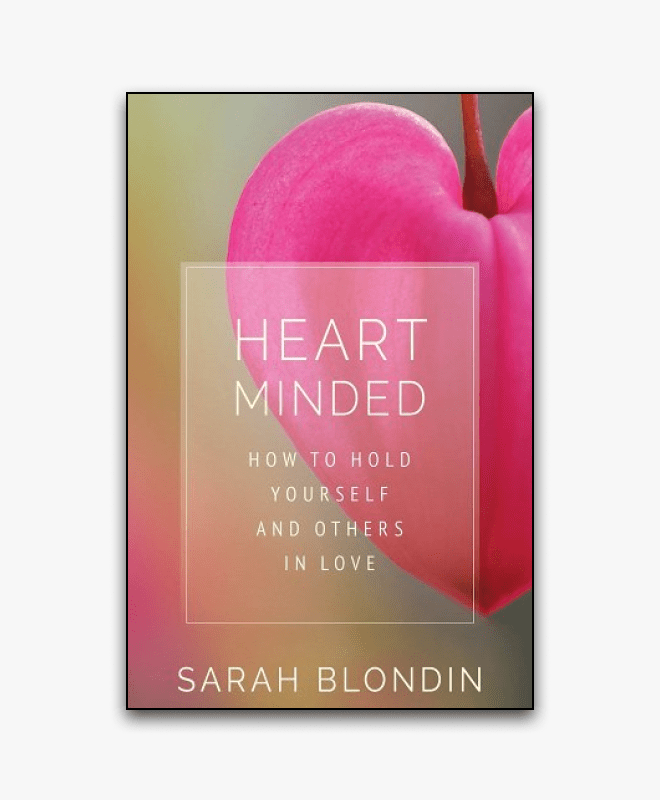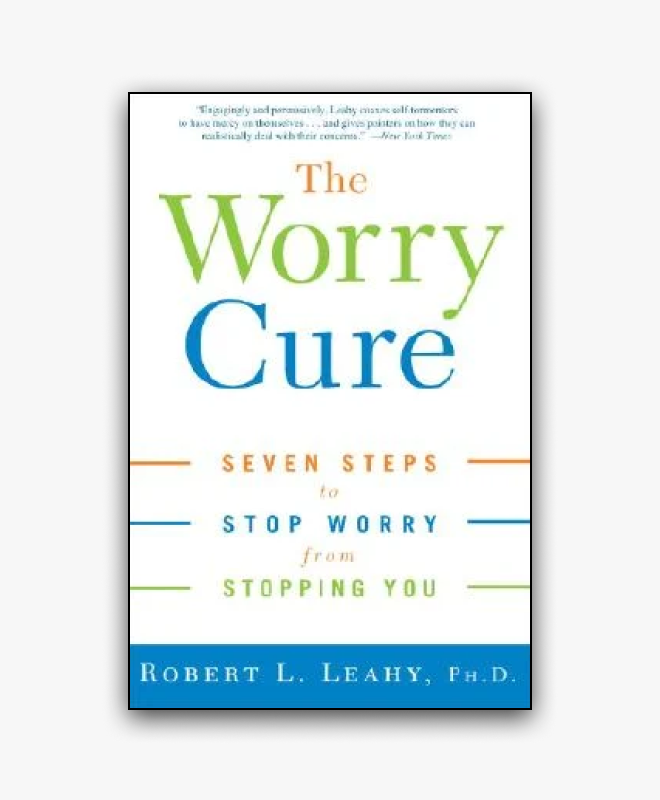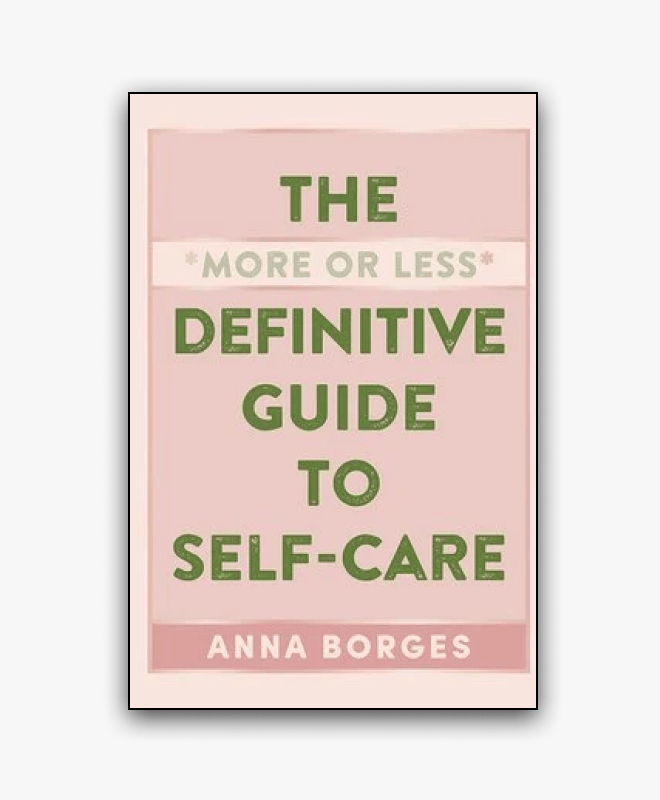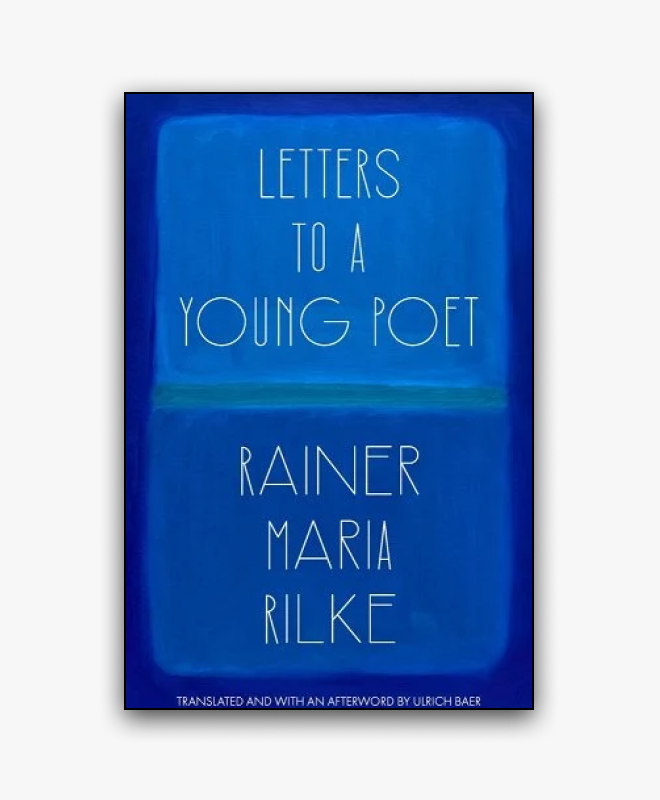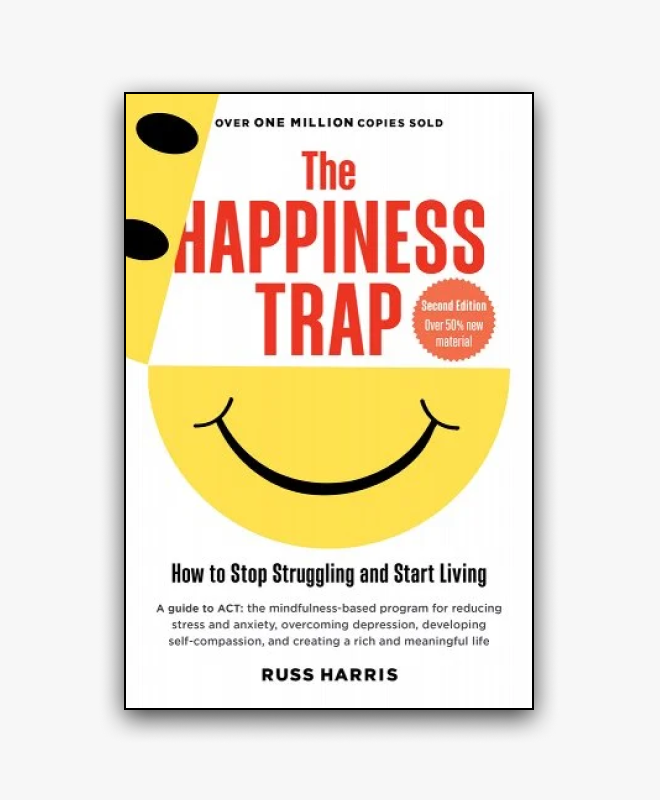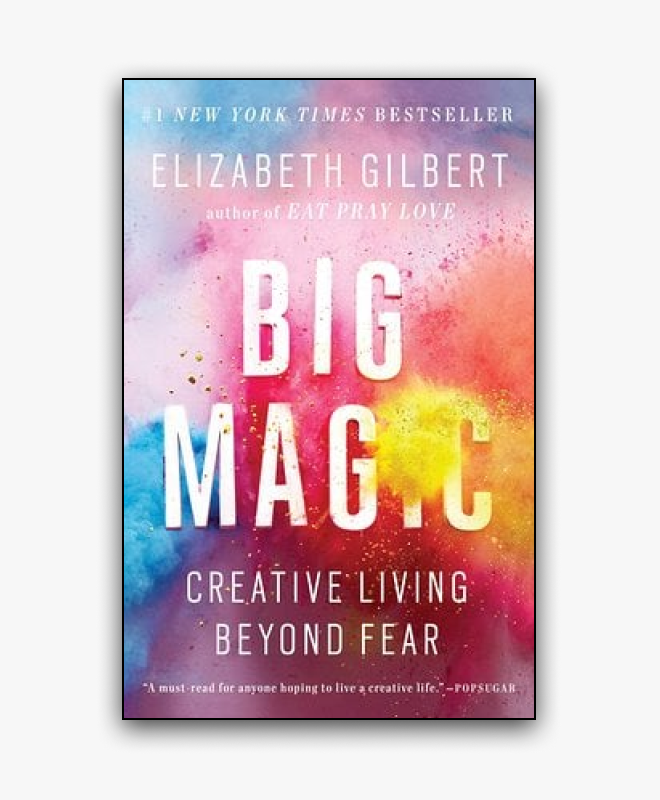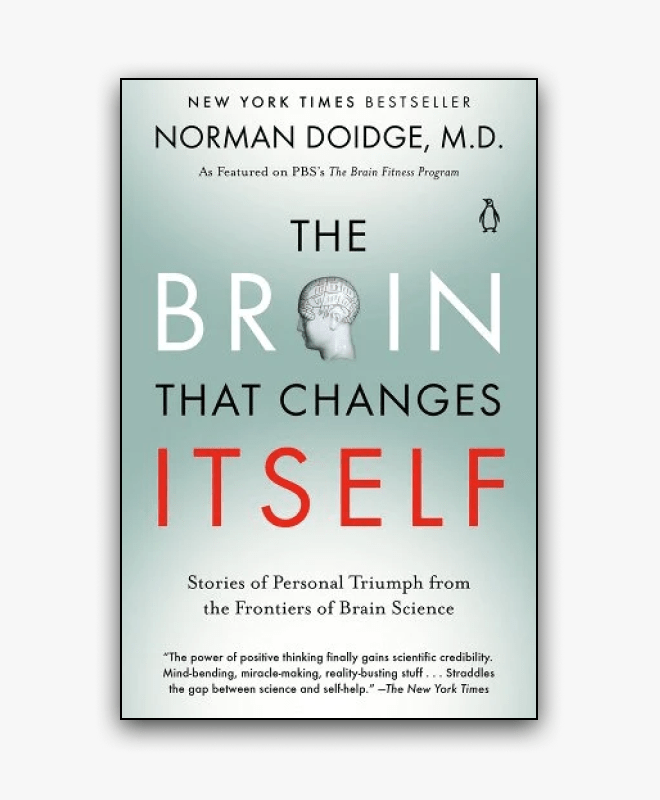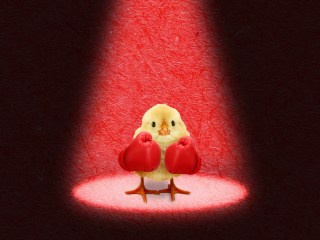“Sarah Blondin is one the most loved/cherished meditation teachers on the internet. She wrote this book and it’s clear every single word came from her heart. I recommend the audiobook, as there is a calming and soothing presence she creates with her voice, and it adds to the poetic intelligence and nature of the text. This book will help an individual detach from the busyness of the day (typically accompanied by the related anxious thoughts) and center themselves in the body—more specifically in the heart space, where we give and receive love. The question, ‘What is self-love?’ has now gone viral. Well, Sarah answers this question in the most brilliant way. A pro tip is to listen to this text before bedtime.” —Nina Polyné, PsyD, a psychologist based in San Diego, CA
15 Self-Help Books People Actually Swear By
Life’s too short to read crummy books.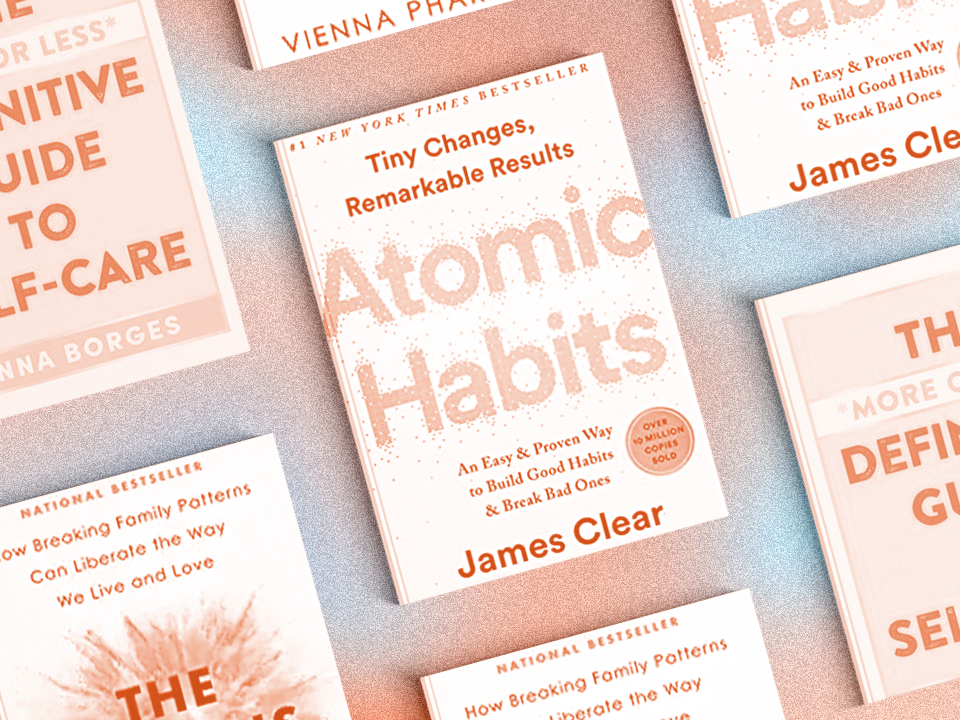
While it would be great if everyone had a therapist on their contacts list, it’s not always possible. Plus, even if you do see a mental health pro, there’s all that time between sessions to consider. Where can you turn when your thoughts are going haywire after hours? Enter the self-help book. They’re deeper than TikToks and therapy memes, and many are written by mental health professionals or people who have been through it. Self-help books can offer a new way to examine your thinking, get in touch with your feelings, and slowly change your life without ruminating on the problem for weeks.
At least, that’s been the case for me. After my mom died in my early twenties, I turned to Cheryl Strayed’s collection of advice columns, Tiny Beautiful Things, like it was my personal bible. When I felt stuck in a creative rut, I dug myself out of it by going through the program outlined in Julia Cameron’s The Artist’s Way. For me, books have been friends, counselors, and escape routes.
Of course, there are enough self-help books out there to crash your Goodreads page indefinitely, and not all of them are great. To get you started on the right foot, we asked regular people (including Wondermind staffers), therapists, and psychologists alike about the self-help books they regularly recommend to friends and colleagues.
-
-
“This book has changed my life. It gave me practical strategies for getting my obsessive worrying under control, explaining strategies that actually work. Dr. Leahy talks about ‘uncertainty training.’ He says that chronic worries believe that we cannot stand uncertainty, and so we worry until we get certainty about something. But certainly cannot always be had, especially with the future. And so, learning to live with uncertainty and become comfortable with it is necessary. It’s uncomfortable at first, but it becomes easier over time, miraculously. And then you stop worrying because you are OK with not knowing.” —Jordan S., 41
-
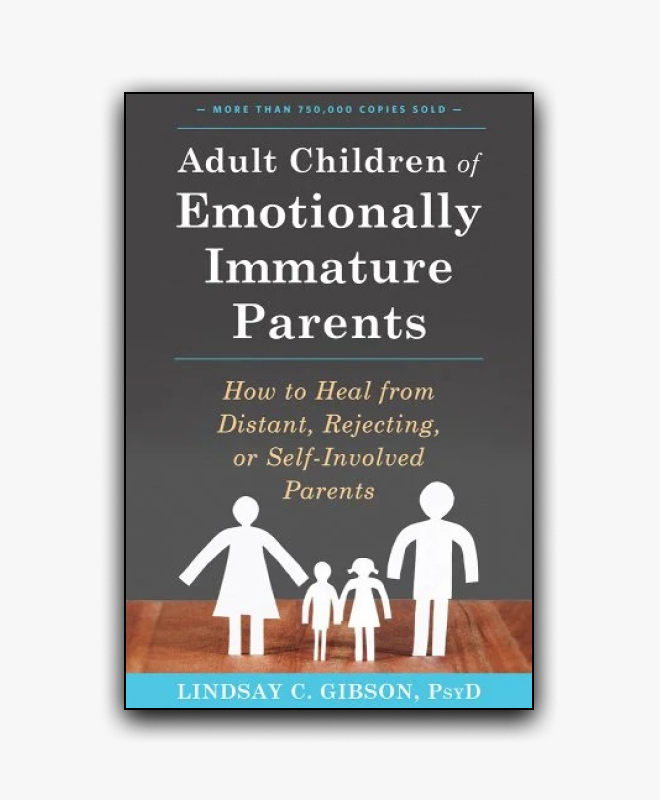
“This is my most recommended self-help book. Many of my clients say they see their lives in the pages of this book, which gives practical guidance, empathy, and a way to find understanding and even compassion for the emotional limitations of their parents.” —Ryan Howes, PhD, a clinical psychologist based in Pasadena, CA
-
“Since the pandemic, the topic of self-care is mentioned frequently in sessions, and I love having this storehouse of self-care tips to recommend. With sharp wit, a deep understanding of the need to de-stress, and clear descriptions of over 200 self-care exercises, Borges’s book is several therapy sessions worth of information in one accessible package.” —Ryan Howes, PhD, a clinical psychologist based in Pasadena, CA
-
“What I love about this book as an unconventional self-help choice is that it’s a collection of letters Rilke really wrote to a younger poet, only you never see the full correspondence, just Rilke’s answers, which means as a reader I feel Rilke is speaking directly and personally to me. The letters to Rilke, while we don’t see them, we know historically are from a young man deciding between a career in the army and a career in literature. This same basic question—follow your creative heart or make the practical choice?—is one I continue to come back to in my own career as my priorities shift and there are fluctuations in the world around me. I come back to this book of letters yearly because the questions and the answers feel evergreen to me.” —Julia S. 31
-
“This is an empowering and approachable book to help people change their relationships with their thoughts via a process based on acceptance and commitment therapy. This approach teaches people to separate themselves from their thoughts, become more aware of their difficult emotions, and make changes that feel manageable and sustainable.” —Jessica Stern, PhD, clinical psychologist at NYU Langone Health
-
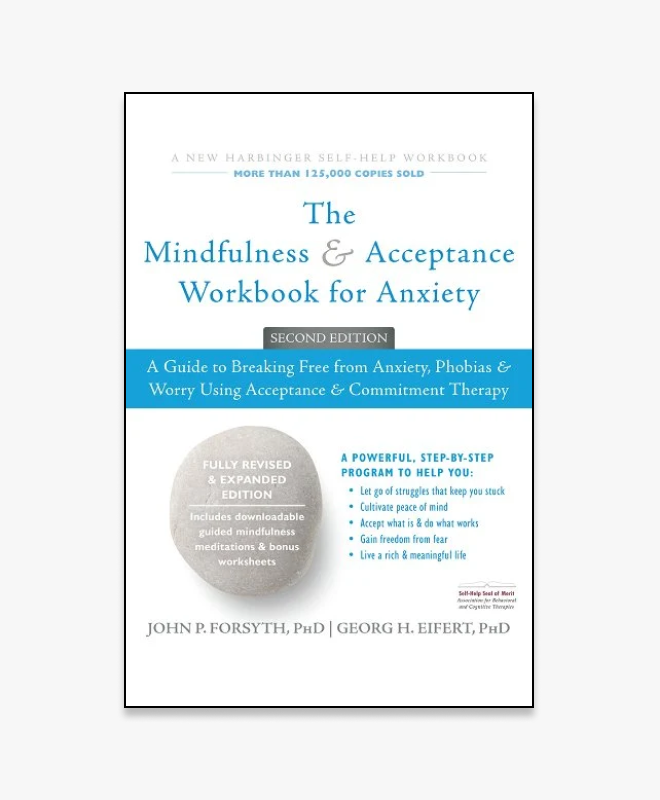
“This is an excellent workbook that walks readers through exercises to help them identify their values, learn analogies for understanding their thoughts, and track difficult emotions and experiences related to anxiety that may be holding them back.” —Jessica Stern, PhD, clinical psychologist at NYU Langone Health
-
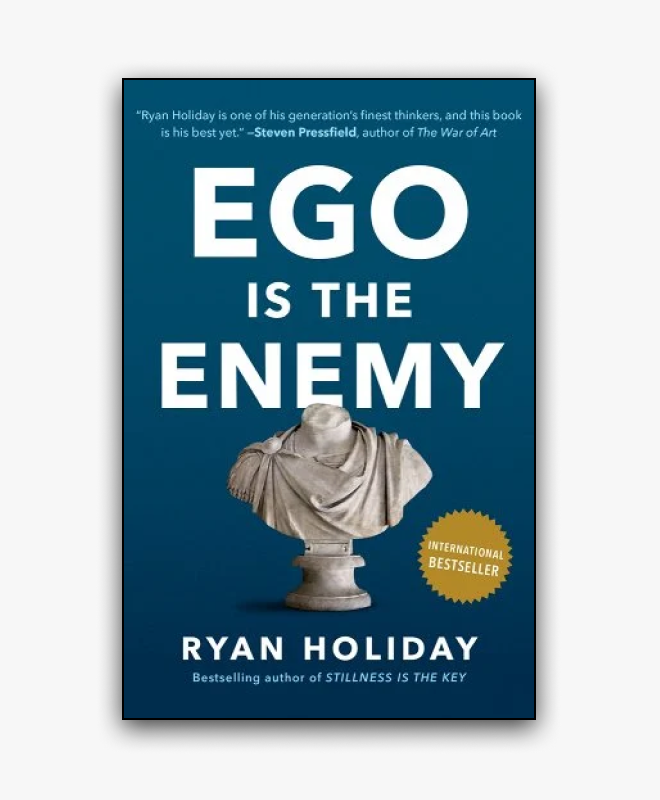 8.Amazon
8.Amazon“I read this book when I was having a difficult time adjusting to a new city. This book helped me realize that it was mostly my own thoughts that were stopping me from doing the things that would make it all better—making new friends, learning the language, and adopting new traditions. And it helped me get over myself so I could go out and do all of that! The world gets so much bigger once you shift the focus of your thoughts away from yourself and towards the people or things in your environment. Read this book if you’re looking for a dose of tough love.” —Margarita Bregolat, Marketing and Coordinating Lead at Wondermind
-
“This is one of those books I return to over and over again when I need a good pep talk. In a super accessible and engaging way, Gilbert points out all the fears, anxieties, and other roadblocks that tend to keep us from dreaming big and taking risks. It’s impossible to read a few chapters of this book and not come away feeling inspired and ready to create something awesome.” —Casey Gueren, VP of Content at Wondermind
-
“It’s been a few years since I read this book, but the stories have stuck with me ever since. Unlike other science-forward “self-help” books, The Brain That Changes Itself is easily digestible with minimal jargon and offers a number of insightful and thought-provoking stories that’ll have you questioning everything you think you know about the brain. This book helped me realize that the brain is so much more complex than I gave it credit for. We can rewire our brains (to a certain extent), and this gave me the motivation I needed to change the way I think about my own mental health.” —Marilyn La Jeunesse, Newsletter Editor at Wondermind
-
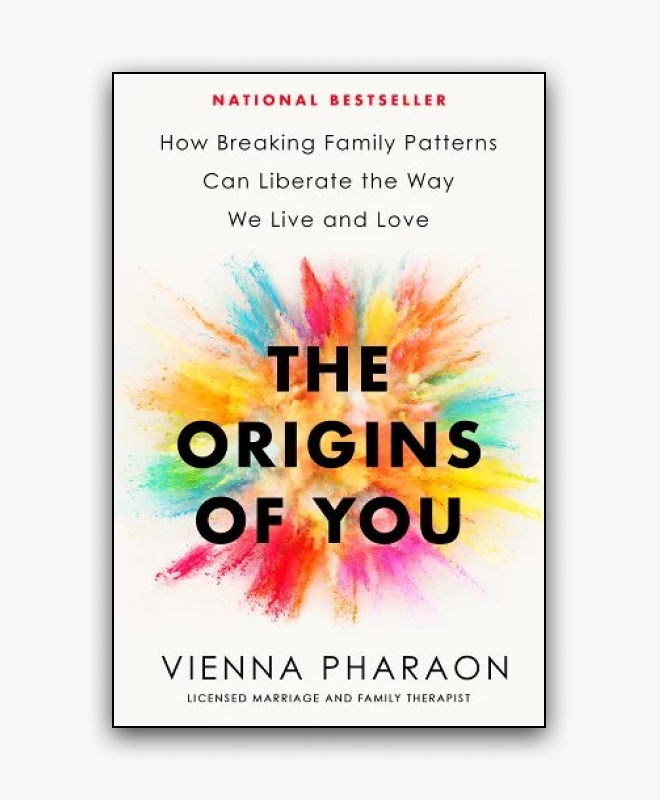
“If you’ve ever wondered, Why am I like this?, this book might have the answer. Maybe it’s obvious, but a lot of our default behaviors—like being passive, people-pleasing, or avoiding the things we know we need to deal with—started as a childhood coping mechanism. In this book, an actual therapist shares her own story and the stories of some very relatable clients that will make you feel seen. She also includes journal prompts and thought exercises that can help you work through your own shit. I have SO many pages of this book dog-eared to come back to when I feel like I’m sliding back into old habits, and I recommend this one to all my friends dealing with family drama.” —Ashley Oerman, Deputy Editor at Wondermind
-
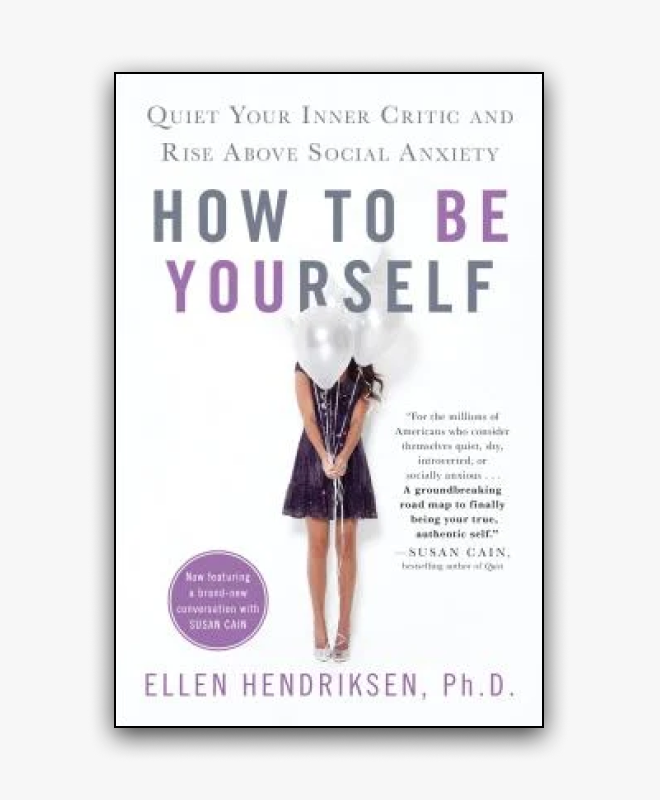
“While actual therapy helped me find the source of my social anxiety, this book was super handy for dealing with the day-to-day symptoms as they popped up. There are tons of helpful tips and tools you can use to reframe thoughts telling you that you suck or helping you keep it together when you know everyone can see that you’re blushing hard. Also, just reading other people’s experiences made me feel less alone, which is another bonus since social anxiety thrives on you feeling like the most awkward human on the planet.” —Ashley Oerman, Deputy Editor at Wondermind
-
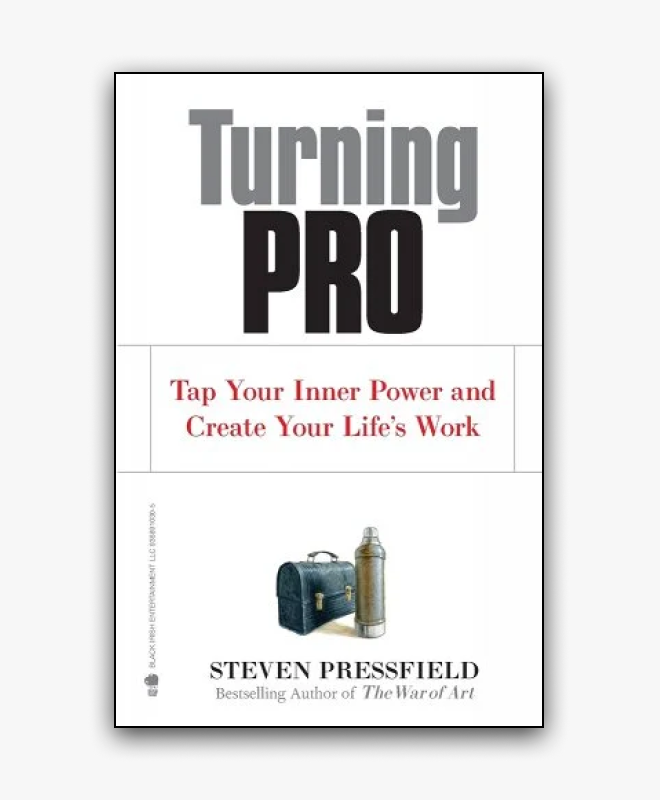
“This is great for anyone who wants to learn how to fully invest in their passion and make it a reality. It teaches you how to stop making excuses for not writing that book or starting that business. I learned how to prioritize my craft and balance it with my other life responsibilities, which in turn made me happier and more creative.” —Marisa Bramwell, Senior Producer at Wondermind
-
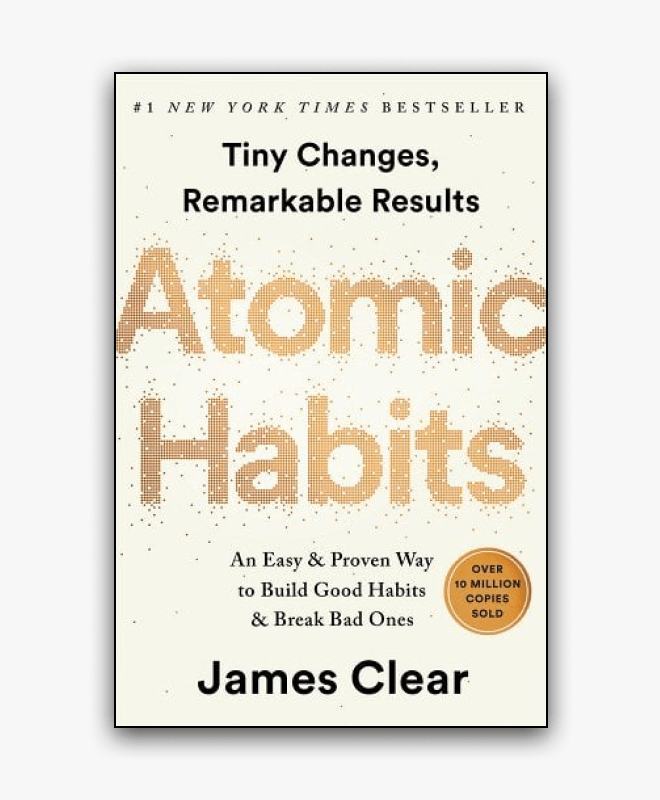
“Hands down one of the best books I’ve read in terms of creating better habits and kicking bad ones. The book goes into easily understandable and accessible neuroscience of how habits are created and offers very practical tips and solutions to incorporate new habits into your life. I also love the idea of just being “1% better every day.” So accessible!” —Shauna M, 39
-
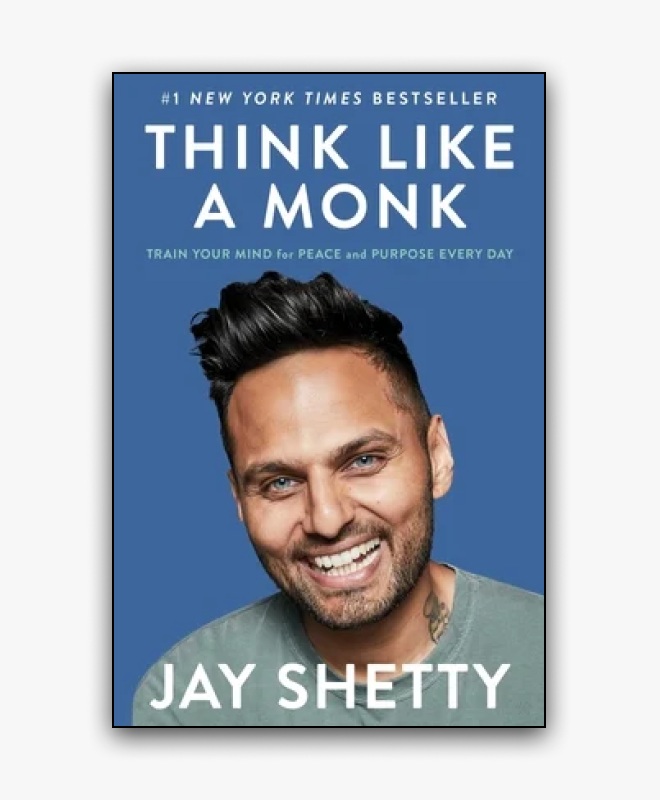
“A fantastically eye-opening book that allows one to find peace and fulfillment in their life through practicing gratitude and intention every day. I took notes on almost every page! It’s well written, easily accessible, and has very easy ways to immediately apply what he talks about to your life. While the whole book is great, what I loved and changed my life came right away in the first chapter. A quote from Charles Horton Cooley that exploded my brain: “I am not what I think I am, and I am not what you think I am. I am what I think you think I am.” That quote changed my perspective on how I show up in my life and opened me up for all the excellent nuggets Jay Shetty reveals throughout the rest of the book.” —Shauna M, 39
Wondermind does not provide medical advice, diagnosis, or treatment. Any information published on this website or by this brand is not intended as a replacement for medical advice. Always consult a qualified health or mental health professional with any questions or concerns about your mental health.
